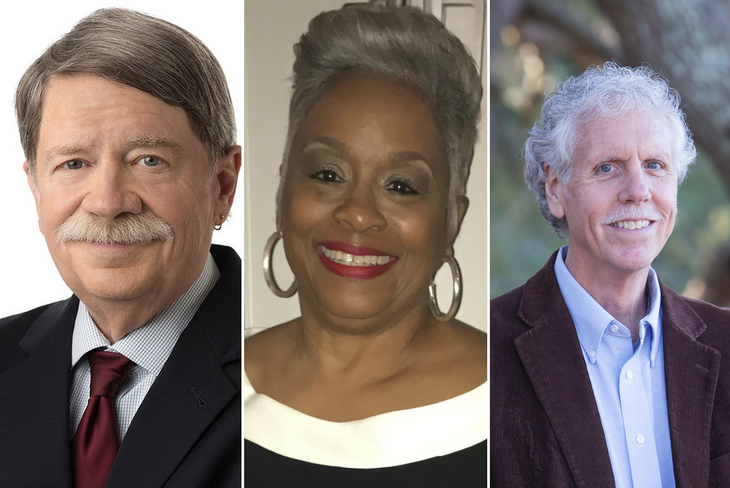Posted in: Lawyers › None

A judge in Myrtle Beach, a Nelson Mullins partner and an attorney for One80 Place in Charleston may not seem like three people who have a lot in common. Judge Jennifer Wilson, George Cauthen and Jeff Yungman all share one goal: help serve justice to all, including members of the homeless population in South Carolina.
The trio were instrumental in establishing homeless courts in our state, and their efforts have already made an impact far and wide. Cauthen and Wilson with consultation from Yungman recently detailed this journey in an SC Lawyer magazine article.
“Everyone involved from the South Carolina Supreme Court, American Bar Association, South Carolina Access to Justice Commission, local municipal courts, solicitors, public defenders, police departments, homeless shelters and homeless advocates have all been very flexible, very supportive,” Cauthen said when describing the support from the Palmetto State.
While the creation of homeless courts is still fresh in South Carolina, the reason these Bar members got involved goes back several years. In 2006, Yungman wrote a paper during his 3L year of law school, about the criminalization of homelessness and the need for a homeless court in Charleston. Cauthen has dedicated much of his professional career to giving back to the community. He has won awards from several state bars, chaired the pro bono committee at his firm and the SC Bar, and received the Order of the Palmetto in 2003 for his pro bono work. Wilson saw the need first hand in her courtroom.
Right now there are homeless courts in Charleston, Columbia and Myrtle Beach. After Richland County, Horry County has the highest homeless population in South Carolina.
“This is such a relevant system,” Wilson said. “More and more people can be put in the situation where they become homeless. A lot of people are two paychecks away from it happening to them.”
The future of homeless courts can go one of two ways. Either the homeless population keeps rising and the number of courts increase, or how people are criminalized changes.
“Homeless Courts should not have to exist,” said Yungman. “They were only created in response to the misguided efforts by municipalities to criminalize behaviors that people who are homeless are at times forced to perform due to their living situation.”
While fighting for justice for all, Wilson, Cauthen and Yungman still find time to travel nationwide to help states form their own versions of homeless courts. If you’re interested in volunteering for homeless courts or more information, email George Cauthen at George.cauthen@nelsonmullins.com.
